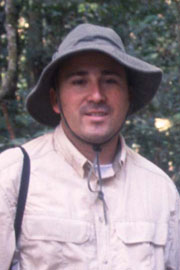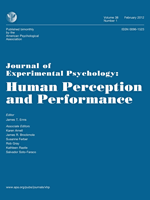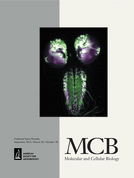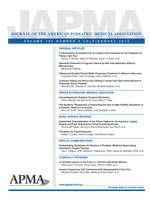
Thanks to some eagle-eyed readers, we’ve been alerted to some corrections for high profile stem cell scientist Jacob Hanna that we had missed, bringing our count to one retraction and 13 errata on 10 papers.
The problems in the work range from duplications of images, to inadvertent deletions in figures, to failures by his co-authors to disclose funding sources or conflicts of interest. Hanna is the first or last author on 4 of the papers, and one of several on the rest.
First up, a correction to a Cell paper on which Hanna is the first author:
Continue reading Stem cell researcher Jacob Hanna’s correction count updated to 10





 An investigation at the University of Florida has led to the retraction of a pair of papers on the stress responses of Caenorhabditis elegans in Molecular and Cellular Biology.
An investigation at the University of Florida has led to the retraction of a pair of papers on the stress responses of Caenorhabditis elegans in Molecular and Cellular Biology.

